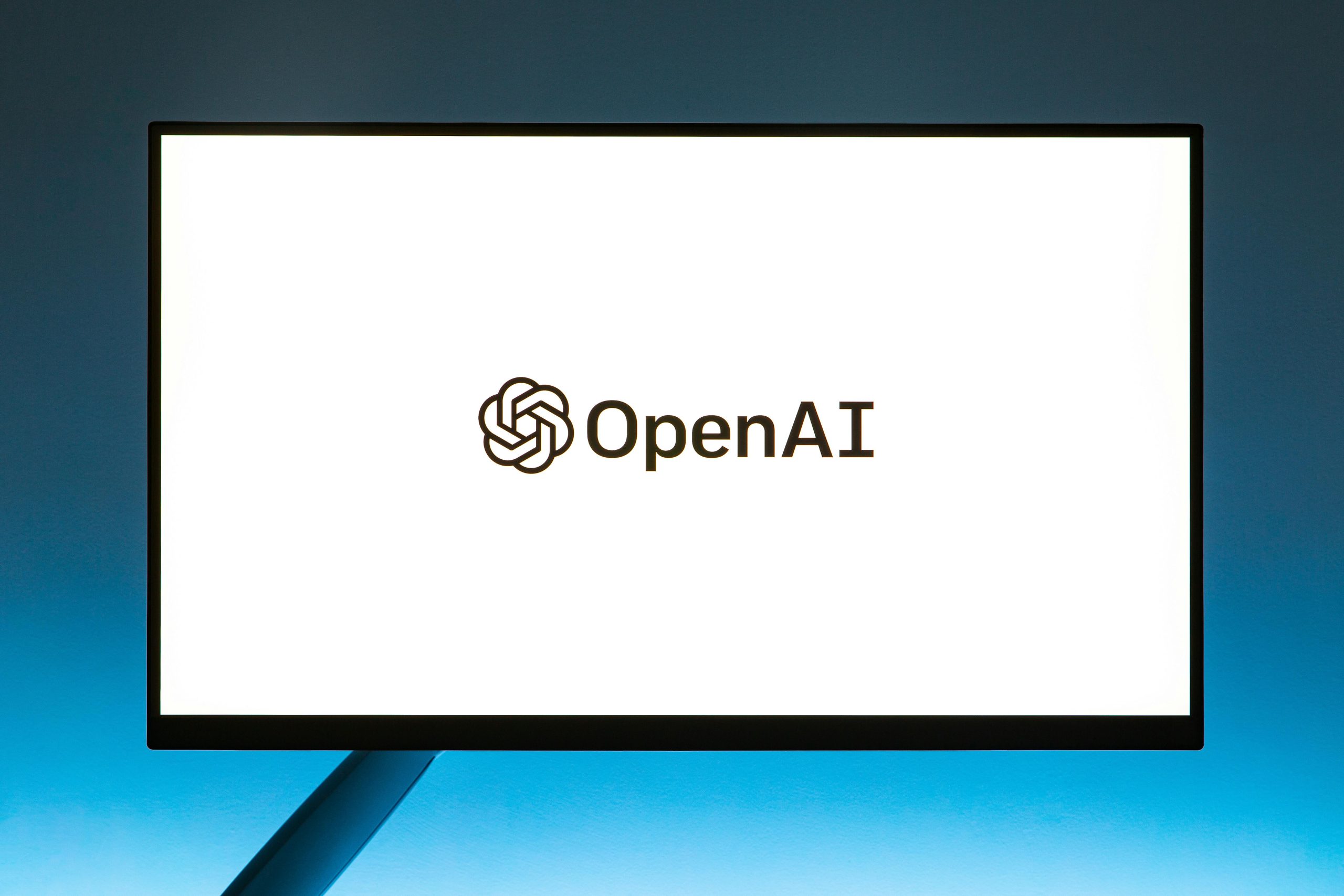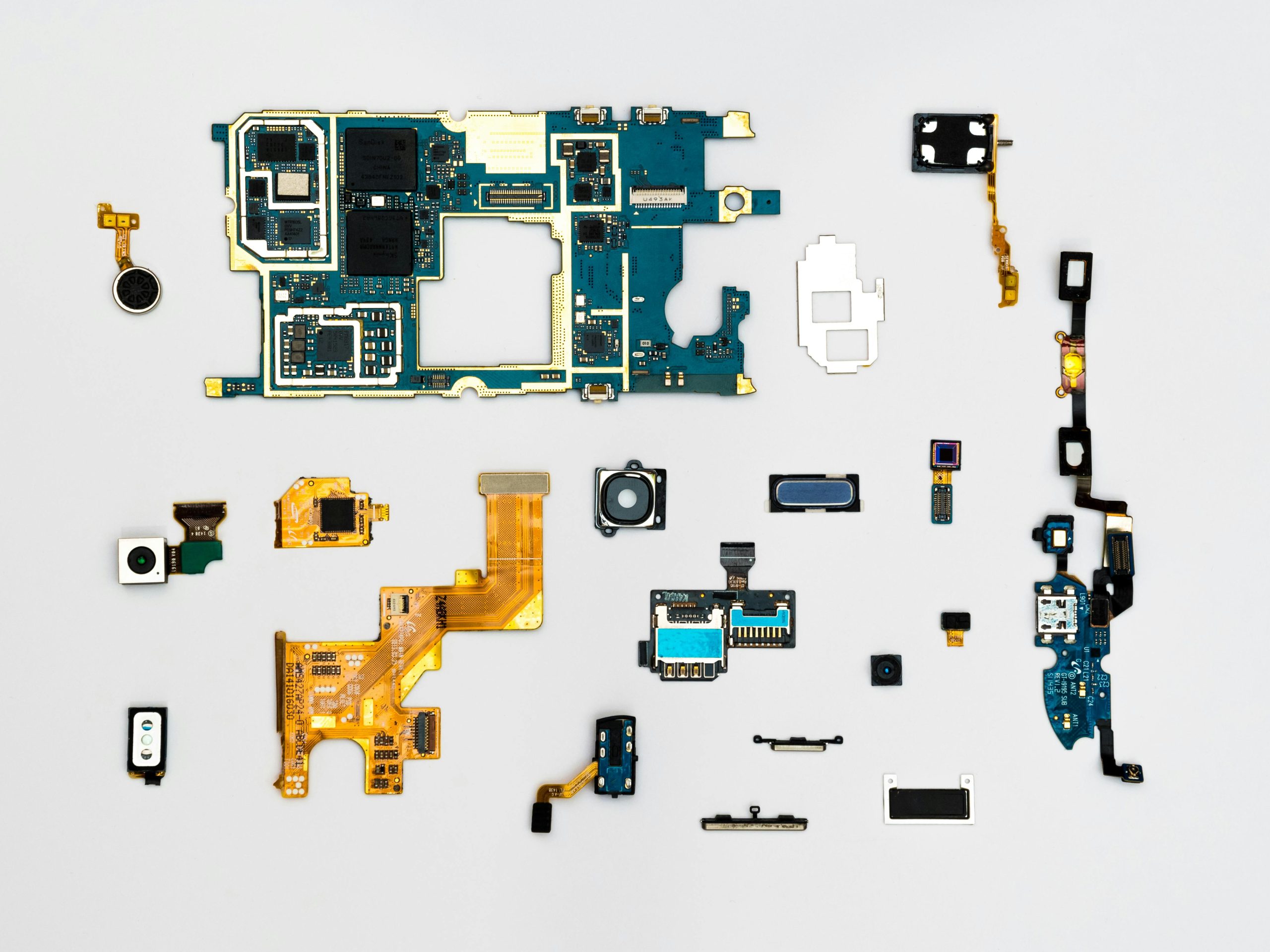AI Act ! A revolution in AI regulation in the EU is coming

From the beginning of next month, a new European regulation on artificial intelligence (AI) known as the AI Act will come into force. This regulation, which will be phased in over time, gives companies and authorities two years to prepare before it becomes fully binding. However, some parts of the regulation will be enforceable after just six months, according to the text of the law and expert analysis.
According to Lukáš Benzl, director of the Czech AI Association, the Czech Republic and individual companies are facing a busy schedule, with many new obligations to meet. The regulation will come into force from 2 August and the general provisions and prohibited practices will start to apply from 2 February 2025. By 2 August 2025, Member States must establish notifying authorities and bodies. The Regulation will be fully applicable from 2 August 2026, except for AI systems used as a safety component of a product.
Benzl stressed that preparing for the regulation is urgent and companies should start immediately to comply with the first obligations, such as AI literacy training for employees, which will start in February next year. The regulation will affect all departments of companies, from development to marketing to human resources.
Impact on non-EU entities
According to consultancy Deloitte, the rules will apply not only to organisations and individuals in the EU, but also to those outside the EU whose activities affect EU markets or citizens. Thus, non-EU organisations will also have to comply with the AI Act if their AI impacts the EU.
Adam Hanka, director of AI at Creative Dock, said the AI Act aims to set rules for the use of AI to maximize the benefits for people and companies and minimize its negative impact on society. Companies should start preparing for the new rules immediately to stay competitive.
Prohibition of manipulation and abuse
Deloitte states that AI that manipulates people, abuses children or classifies people according to their social behaviour will be banned. Remote biometrics for area identification and predictive policing will also be banned. The regulation divides AI into high-risk, limited-risk and minimal-risk AI, which can be used without restriction.
Hanka also noted that it is good that the EU has taken up AI regulation, as no European country is strong enough to enforce effective legislation on its own against big global players like Meta, Microsoft, Alphabet or OpenAI.
Photo source: www.pexels.com
Author of this article
WAS THIS ARTICLE HELPFUL?
Support us to keep up the good work and to provide you even better content. Your donations will be used to help students get access to quality content for free and pay our contributors’ salaries, who work hard to create this website content! Thank you for all your support!





OR CONTINUE READING